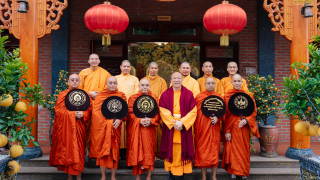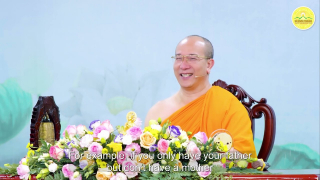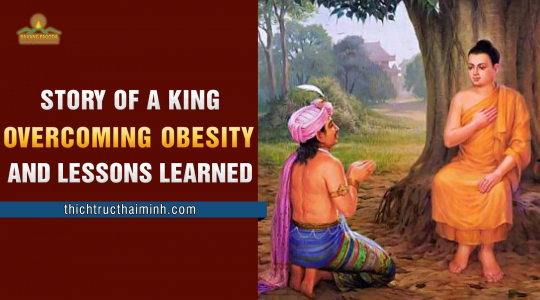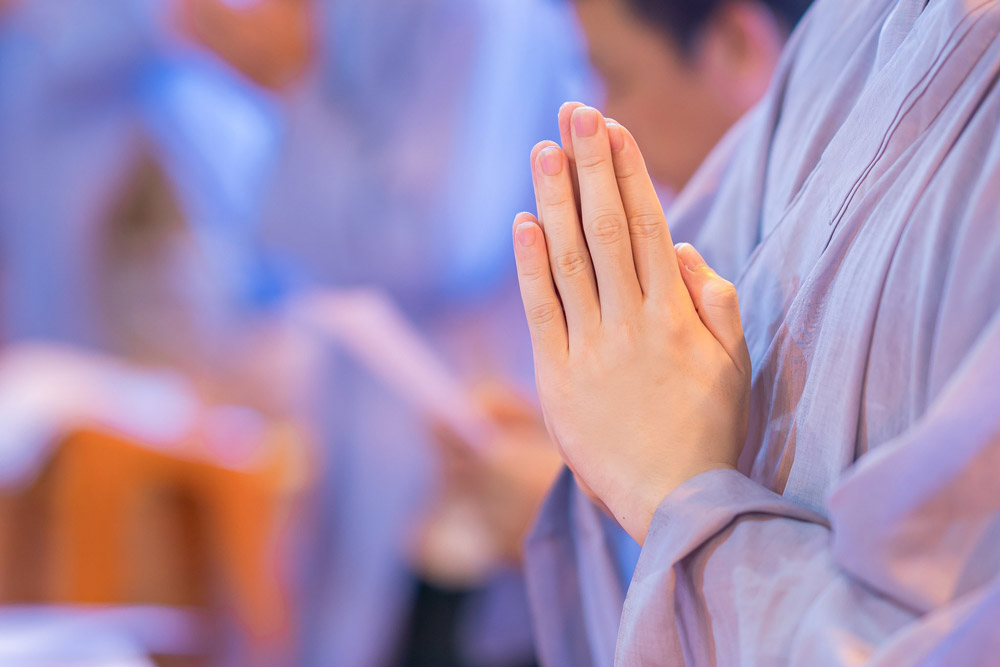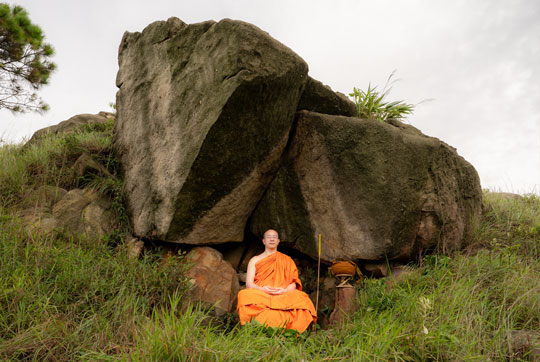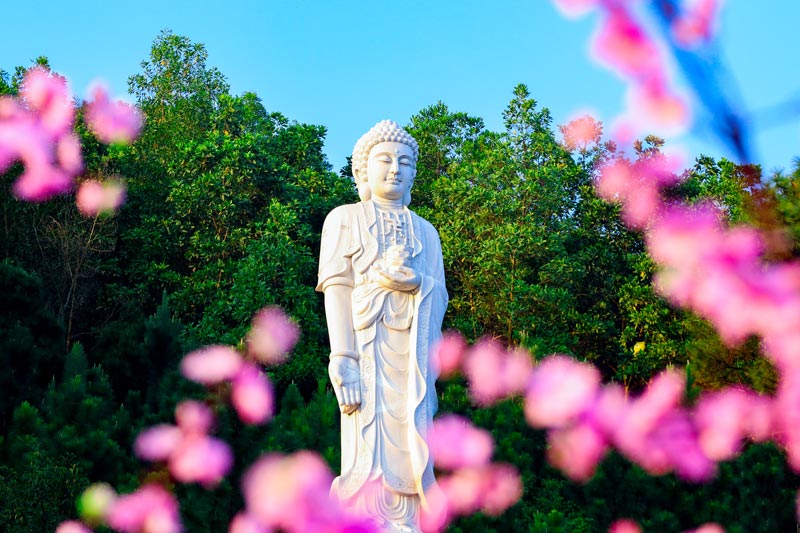10 special tips to become naturally beautiful
Table of contents [Hide]
- The first one is non-hatred
- The second one is giving clothes
- The third one is loving and respecting parents
- The fourth one is paying homage to sages
- The fifth, sixth, seventh, and eighth one is renovating Buddha stupas, cleaning shrines, cleaning Sangha's residence, and cleaning Buddhist stupas, respectively
- The ninth one is treating ugly people with appreciation instead of contempt
- The tenth is knowing the cause of one's beauty when seeing them
Everyone wishes to be beautiful. Nowadays, there are various views on beauty and its methods to help people become more beautiful. What are Buddhist views on beauty?
The Buddha has a transcendent wisdom; his teachings are inconceivable and based on the law of cause and effect, guiding sentient beings away from misleading minds. In the sutras on the difference of the results of the actions, the Buddha taught about ten deeds that lead to a beautiful appearance:
The first one is non-hatred
“Hatred" in Buddhism is one of the three poisons, causing suffering for people. A hateful person usually shows a scowling face, and eyes burning with anger, which not only afflicts themself but also scares and tires people around them. Therefore, we need to keep ourselves happy and cheerful. As Thay said: “Smiling should be the first thing to do in the morning. Even if you don't know how the day is going, just smile.” Scientifically, our smile will improve our mood, lower stress, and strengthen our immune system.
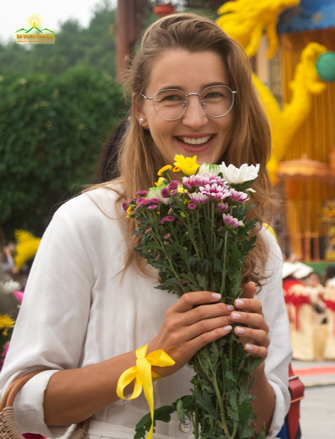
Start your days with a beautiful smile on your face.
The second one is giving clothes
Why does giving clothes make us beautiful? Because clothes are what cover people's bodies; when we give clothes to others, we protect them from being cold and naked. Especially in the charity programs for areas stricken with storms or poverty, we appeal to people to donate clothes to the residents there, we will also be blessed with beauty.

Happily helping people in need will bring us auspicious fruits afterwards
The third one is loving and respecting parents
Parents are regarded as "two Buddhas" at home due to their great favour of giving birth to and raising us. As Thay also said: “Taking care of one's parents yields equal blessings to making offerings to Buddhas.” A filially pious person, who always loves, respects, and is grateful to their parents, is the one heading towards good things. Instead of harbouring hatred and resentment, they work hard to support their parents. As a result, they gain the blessing of a dignified and beautiful body.
The fourth one is paying homage to sages
Holy sages are virtuous people that strictly observe the Buddha's precepts and set moral examples for others to follow. They once taught: “If we aspire to be like, adore, and revere a noble one, our mind will be attached to the good deeds, qualities, and virtues of that person.” That good mind and good deeds will lead us to the result of having a decent appearance in the future.

In the sutra, the Buddha taught that revering those worthy of reverence generates blessings.
In the sutra, the Buddha taught that revering those worthy of reverence generates blessings.
The fifth, sixth, seventh, and eighth one is renovating Buddha stupas, cleaning shrines, cleaning Sangha's residence, and cleaning Buddhist stupas, respectively
The Buddha is the greatest and noblest one in the universe. His teachings (the Dharma) not only help people remove afflictions and suffering in life but also attain a superior wisdom that can discern everything. Monks (the Sangha) are those who cut off worldly fetters and diligently practice the Buddha Dharma to seek liberation. Therefore, those who adore the Three Jewels (the Buddha, the Dharma, and the Sangha), repair Buddhist stupas, and clean the monks' residences will receive a lot of blessings, including those of wisdom, career, and especially beauty.
The ninth one is treating ugly people with appreciation instead of contempt
The discrimination between beauty and ugliness gives rise to praise and disparagement. People with not-so-beautiful appearances often feel sad and pitiful because of others' negative words and alienation. Especially when standing in front of the mirror, they feel even worse. As a result, instead of disparaging, we need to sympathize with and understand them. That cause will give us a good-looking appearance later.
The tenth is knowing the cause of one's beauty when seeing them
We should have sympathy for people with an unattractive appearance. As for beautiful people, we should praise and appreciate them, knowing what causes them to have such blessings. Those actions and thoughts will help us to have the similar blessings of beauty in the future.
The Buddha once taught: "All that we are is the result of what we have thought." Our mind leads our actions; our actions generate our karma, and from that karma, we have this body. As we follow the above teachings, we are actually transforming our mind and body according to the law of cause and effect. Hopefully, through this article, everyone has found a way to achieve and maintain true beauty.


